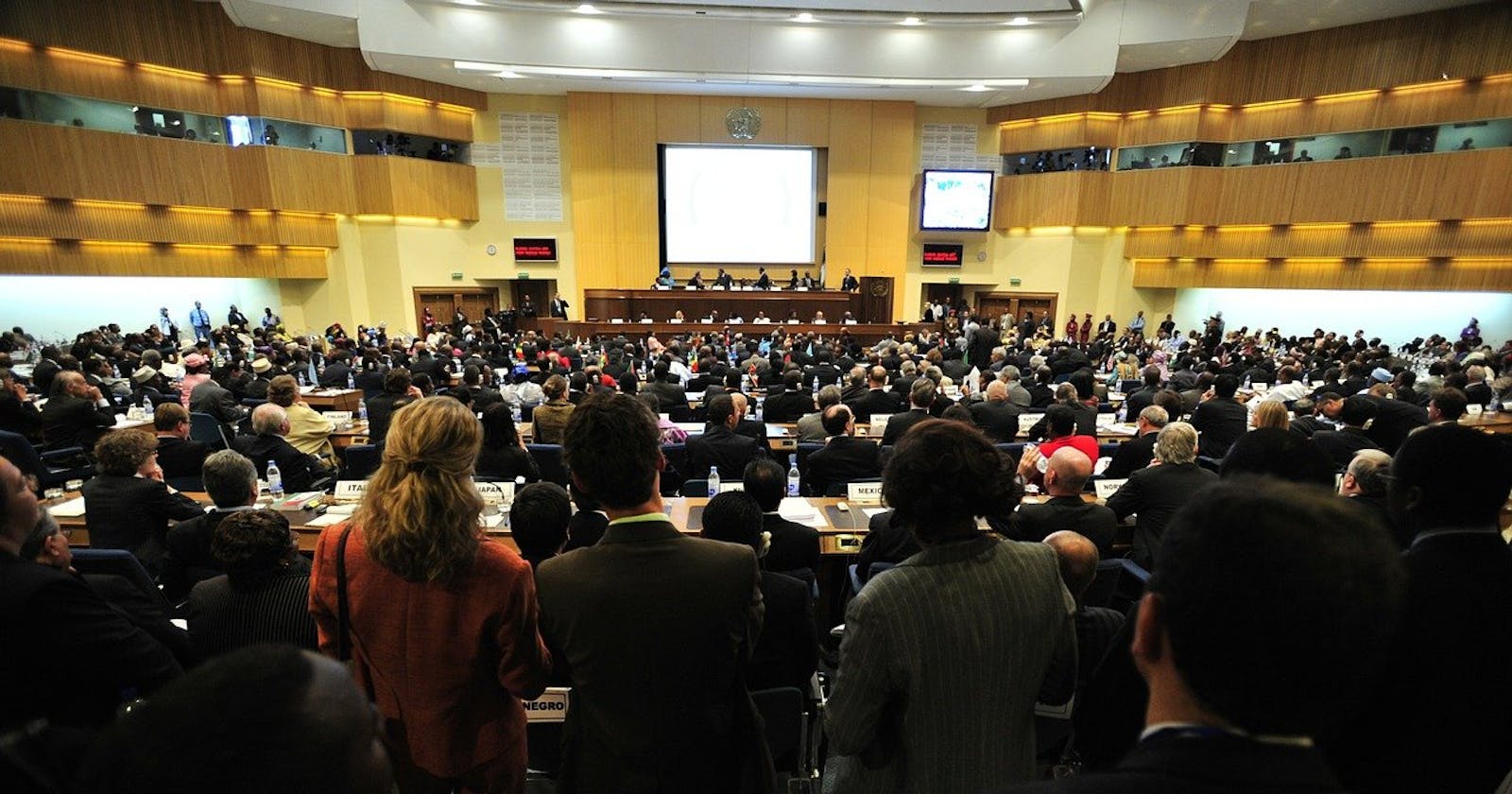On March 14th, 2020, I landed home. I had planned the week before to be productive: one talk in Pasadena, two talks in San Francisco, one in Bucharest, and one in Istanbul. Then, on the 16th, I was supposed to fly again to other events.
Then, Covid happened. Governments started to close borders; in turn, organizers began to cancel events. I managed to do the talk in Pasadena with about ten people in the room. The organizer of one of the San Francisco talks managed to move my talk online. The respective conference organizers canceled the other events.
The pandemics have had profound consequences on the state of the world. Whole industries have been disrupted. For some, working from home had become the norm.
Who led the digital transformation of your company?
- CEO
- CTO
- CIO
- CoVid
I think we are only starting to see some of the implications. I'm not a sociologist, so I'll keep my thoughts on conferences and public speaking. While public speaking is only part of Developer Advocacy, it can be a massive chunk of it, depending on one's situation.
Is online speaking the new normal?
At the start of the lockdown, I stumbled upon several discussions from established Developer Advocates. They were about speaking online being the new "normal". Most of them were pretty optimistic about the changes. As far as I remember, discussions were mainly centered around the following two arguments:
Less traveling:
As events happen online, you don't need to waste time traveling. In turn, it leads to less time wasted and more time available for work, e.g., more talks and one's private life. Additionally, it involves much less pollution as most traveling is via airplanes. It's the same argument as for commuting regular work, on a much larger scale.
More metrics:
Online speaking improves measurement compared to regular speaking, just as digital marketing does compare to traditional marketing. One can quickly get the number of attendees, but also their evolution over time during the talk. Feedback is more easily collected. Etc.
Attending an online event is not the same experience
There's no denying the first argument, so I'll focus on the second. The fact that online metrics are more easily collectible needs to be balanced because they are not more meaningful. Precisely, the number of attendees in the talk doesn't translate into their engagement. If you've attended an online meeting, you know what I'm writing about. There are tons of distractions when you're at home: pets, children, the mailman, etc.
Moreover, your boss and the team can interrupt. While the latter can happen in an on-site conference, it's much less likely; the former cannot. The network can also be shaky. I'm pretty aware of that because my Internet connection is quite bad at the time being.
Additionally, there's a psychological side to it. The most privileged among us have a room dedicated to work. When you enter the room, your mind switches to work mode. An on-site conference plays the same role and lets you focus on the content.
Speaking online is not the same experience
So far, I've written about the side of the attendees. Now, I'd like to mention the side of the speaker.
Let me first tell you about one particular experience that I had two years ago. It was summer, the end of the conference season. I had traveled a lot during the months before and faced personal issues simultaneously. I still had one conference to go to, but I didn't want to: I felt as if I had no more energy left. In hindsight, I believe it might have been the beginning of mild depression.
Regardless, I had committed to speak, and I'm a professional - at least, that's how I see myself. I went to the airport and boarded the plane. Then, I went to the hotel that hosted the conference. In my room, I still felt the same lack of energy. I didn't want to leave the room, but I was already on-site, so that it would have been pointless. I headed to the conference hall, prepared everything as I'd done hundreds of times before, and gave my talk. Having done it, I felt alive again! Afterward, I wondered what the exact reason for this energy boost was.
Feedback makes the difference
I've done more than 120 online talks since last year at the time of this writing. But I believe I've come up with a plausible explanation. On-site, I can see people nodding back at me. If I notice that the attention is waning, I have several options to get it back: I can move around the stage, or make a joke, or pause for a moment. You can sum up all of the above in a single word: interaction. It's a feedback loop, from the audience to the speaker and from the speaker to the audience.
None of it is available online. I'm talking to my screen. Compared to on-site, online speaking always leaves me exhausted, like an empty husk because of this lack of interaction. We could discard it as a personal quirk, but all speakers I confided in told me they had the same experience. It's severe enough that some colleagues who do public speaking "for fun" actually prefer not to do it at all.
For small meetups, I ask people to switch on their cameras on a voluntary basis to add some feedback. It's not a perfect solution - actually, only a handful of people do agree - but limited feedback is better than none.
Conclusion
Online is another option when it comes to conferences. Just as for desk jobs, it avoids commuting and optimizes one's time. Yet, it doesn't replace the on-site experience: being human beings, both attendees and speakers require face-to-face interactions.
Originally published at A Java Geek on August 29 th, 2021

